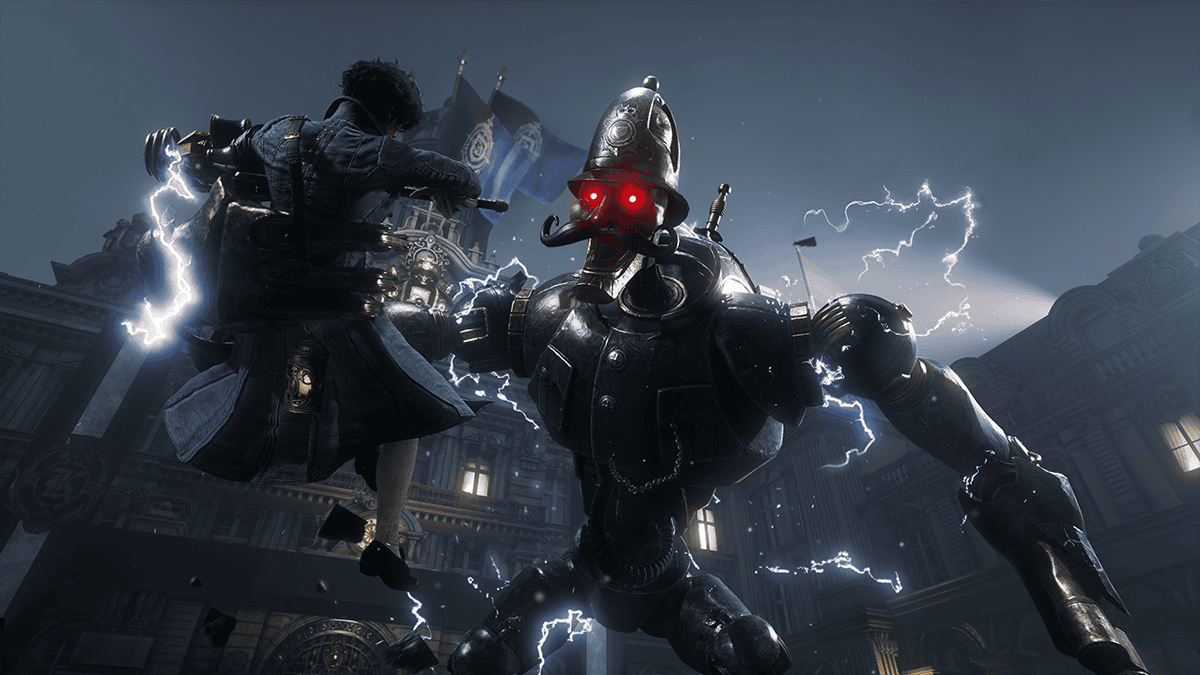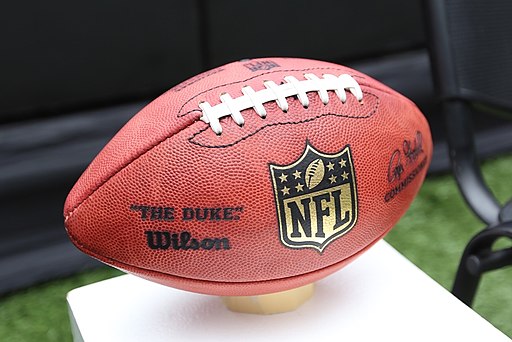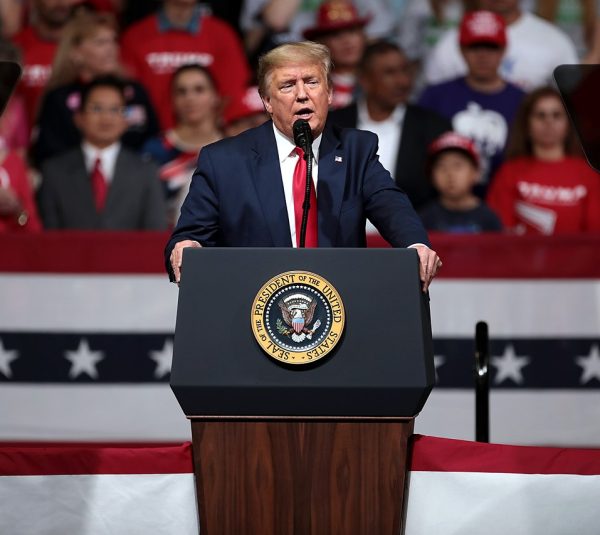Why Is Starbucks Trying to Unionize?
There has been big news surrounding Starbucks recently, so here’s the scoop.
It’s another morning, another day to prepare yourself for another day of school, but first you stop by a local Starbucks shop for a warm, delicious coffee to start off your day. The employee smiles and gives their warmest thanks and farewells for choosing Starbucks today; however, you stare at the bill and are shocked to see a major upcharge on your coffee. While glancing at the receipt, you see the Starbucks Workers United Union logo at the bottom. This causes you to wonder about how unions are affecting the Starbucks company, but more importantly, how do these unions affect your coffee routine?
What is a union anyway?
A union is an organization of workers who collectively use their voice to further their rights in a business. Without a union, all decisions are held by the large corporation or business, distributed down its chain stores, giving employees little to no power for change. This means that Starbucks employees are dissatisfied with their working conditions and are advocating in a campaign for more power and a voice for the company they work for, creating a union to shift the power to the employees across store chains.
What exactly do these union groups want?
For starters, union groups are expecting more power for decision-making, like justifying unfair punishments and violations within the company along with increased wages, health and working conditions, and to ultimately inspire other business employees to unionize and transform the economy as a whole. Union groups also believe that their employers weren’t treating employees with deserved respect with the inadequate safety equipment and busy, stressful work schedules of constant orders from drive-throughs, walk-ins, and the newly added mobile orders.
How does this affect your trip to Starbucks?
If unionized Starbucks stores become the new norm across all locations, higher wages would be allocated to the employees for their hard work, but this money must come from somewhere, you, the customer. Prices are destined to rise for all items, possibly discouraging customers to stop by Starbucks every morning. While this might seem inconvenient for the customers, higher prices mean less customers and thus less employees leading to a higher quality of service directed to your experience at Starbucks. Maybe they won’t incorrectly spell your name every visit anymore. For these reasons, you should expect a higher quality of service along with a higher price tag when ordering at a unionized Starbucks store, while supporting everyday employees for their work.
Why are companies run by large corporations anyway?
The number one purpose of a company is to make money and keep making money for as much time as possible. Business strategies and regulations ultimately lead to this overlying goal. Companies like to keep things simple and have those with power to make the most decisions for a company because at the end, they’re the people that sacrificed the most for the company and would be affected the most socially and economically. Just making money is “not the opportunity anymore”, says Mr Brewster, who now runs Chief Executives for Corporate Purpose, which helps many of the world’s biggest companies [including Starbucks] craft their messages on social issues. “Companies realize that to increase profits over time, they need to be good citizens of the world.” Handing over the company’s reputation to workers at each location is too complicated for the corporations and overall, too risky to employ if an issue arises and potentially ruins the reputation of the company globally.
Not only company reputation, but Starbucks is in a highly competitive coffee-market with other coffee chains such as McDonald’s, Dunkin Donuts, and local-owned coffee shops that are providing the customers with high quality coffee at the cheapest possible prices on the market.
If unionized stores give its employees higher wages, they must provide higher priced items and possibly drive its customers to other coffee shops instead of itself, boosting the sales of its own competitors leading to losing out on sales. Besides the hardcore fans and those supporting unionized working conditions, the average person or student might not want to stop by Starbucks every morning, but either every other day or try other nearby coffee shops rather than the usual Starbucks.
How is the Starbucks Corporation responding to these union campaigns?
A campaign formed by its own employees against the company they work under surely is illegal right? Not necessarily, because Starbucks allows for peaceful and justified voting for all of its employees, understanding that these corporate decisions affect employees as well as those with more power. “Our position since the beginning has been that all partners in a market or district deserve the right to vote on a decision that will impact them,” Reggie Borges, a Starbucks spokesman, said in a statement, using the company’s term for its employees. “We will continue to respect and advocate for our partners’ ability to make their voices heard.” These voting elections are held in federal courts, and they hold elections between single Starbucks stores and the Starbucks Corporation. Small victories arise from both sides across case by case, however at the moment, only a very small fraction (less than 1%) of more than 200,000 Starbucks partners in the U.S. have voted for unionization.
What should you take out of this article?
While the Starbucks union campaign is rapidly encouraging other stores to take action in court, major changes shouldn’t be expected anytime soon, but could be predicted in the next decade or so. The market is always changing and business strategies like Starbucks unions might inspire other businesses to incorporate the same marketing scheme to appeal to the general public. Expect a raise in prices, but with an added premium bonus of quality employees and higher quality service. Whether you support or disapprove of this campaign, the general public has the greatest power over businesses because they’re the people choosing and supporting businesses they enjoy the most. It’s only a matter of time before the general public reacts to these unionized stores and whether this trend grows or dies off.
Your donation will support the student journalists of Edgewood Jr/Sr High School. Your contribution will allow us to purchase equipment and cover our annual website hosting costs.
This year is Ceejay's first year on staff. He loves to learn about the world and make it a greater place. His goal is to inspire others to take action...

























